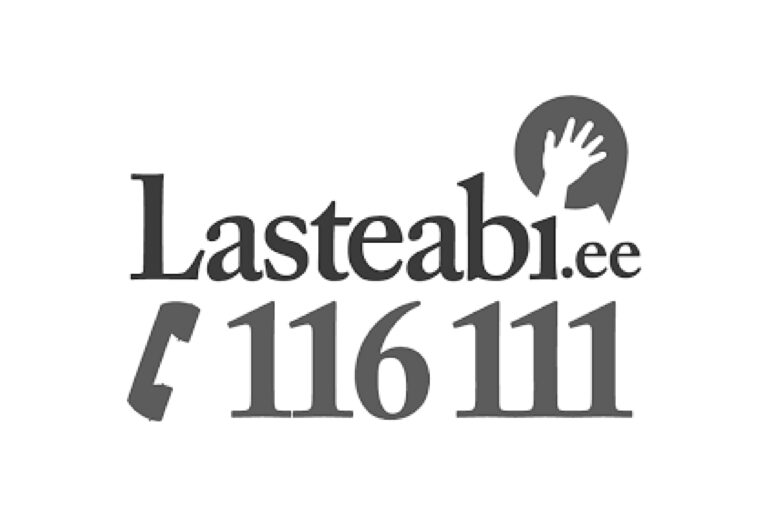Moving into your first rental is the start of a new chapter in your life. For the first time, you are your own person, but at the same time, you will have a lot of responsibilities.
How to find a suitable apartment?
When looking for an apartment, you can save a lot of money by renting directly from the owner, as this way you do not have to pay a brokerage and contract fee. In addition to known real estate platforms (city24, KV, kinnisvara24), you should check Facebook, which has a group for each town’s rental market.
However, if you decide to rent an apartment through a real estate agent, do a background check, as there are also scam agents in the market. The background of real estate agents can be checked on the website of the Estonian Chamber of Real Estate Agents.
Is this place suitable for me?
Before renting, make sure to go and take a look at the apartment, as there are fake properties on the rental market, which are used by scam agents trying to make money.
Once you have taken a critical look at the general condition of the apartment and its furniture, ask the owner about the following:
- What are the neighbours like? (Noisy or quiet?)
- How high are the utility costs for the coldest and warmest months of the year?
- Who maintains the stairwell?
- Is heating calculated based on the number of square metres or by consumption?
- How much is the deposit?
It is worth paying extra attention to the apartment’s utility costs. Monthly utilities include water, electricity, heating, TV, internet, telephone and insurance. Broadly estimating, the utility costs of a two-room apartment can be around €30–90 per month in summer and €70–150 in winter. These amounts depend largely on the condition of the building as well as water and electricity consumption.
Before renting the apartment, you can ask the owner for previous utility bills across the year. Add up all the expenses and divide by 12. This gives you the average monthly cost you must be prepared to pay. For example, it is worth putting money aside in summer so it is easier to get through winter.
What must a lease contract entail?
A comprehensive lease contract is the best way to protect tenants. A lease contract must specify which dwelling is being leased: in the case of houses and apartments their exact address, and in the case of shared houses and rooms, the contract should include a plan that shows exactly which room or part of the house is given to the tenant for use.
It is essential for the contract to specify the condition of the dwelling and which furniture and appliances are left to the tenant for use. At the end of the contract, the tenant must hand over the dwelling in the same condition in which they received it, taking into account natural wear and tear. Therefore, it is important that the contract makes clear in what condition the furniture, appliances and apartment was given to the tenant. To this end, you can always ask the owner to include photos of the furniture and appliances in the contract to prevent future disputes.
Finally, it is important to specify the term of the lease contract and the conditions under which either party can terminate the contract. A contract may be entered into for a definite or an indefinite period. A fixed-term contract generally provides more legal certainty, as both parties know when the contract will end.
In the case of an indefinite lease contract, either party can terminate it by giving three months’ notice.
Things to bear in mind, considering current legislation:
- Previously, the law did not allow owners to request tenants to pay the repair fund, but since 2021 it is allowed by agreement. In addition, the tenant can be contractually obliged to bear other costs related to the maintenance and repair of the dwelling.
- In the case of indefinite lease contracts, lessors may unilaterally increase the rent once a year (in the case of furnished rooms once a month), giving the tenant 30 days’ notice. In addition, increasing rent must be economically justified. For example, due to the price of equivalent rentals or the lessor’s costs increasing.
- A lease contract may also include agreements on contractual penalties. However, the tenant cannot be obligated to pay a contractual penalty for not paying rent. The contract can, however, set out a contractual penalty for non-monetary breaches, such as the tenant damaging the rental premises or not vacating it on time. Note that a contractual penalty can only be claimed if it is set out in the contract.
- In addition to ordinary cancellation of the lease contract, it may also be cancelled extraordinarily if a party is in material breach of the contract. Not every breach is sufficient to cancel a lease contract – the cancellation must be justified. This can be, among other things, a delay in paying the rent (for a maximum of two months).
- In general, the brokerage should be paid by the person who used their services. In practice, however, brokerage fees are often borne by the tenant. This is not prohibited, but it is a matter of negotiation.
The article was written by Alice Lokk and edited by Mariliis Lulla, a member of the content creation and collaboration team of Teeviit.







